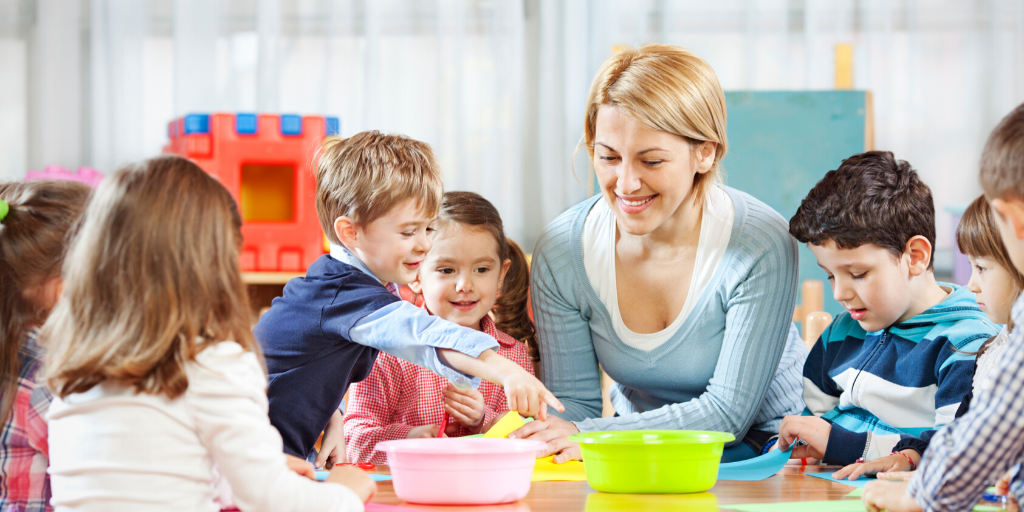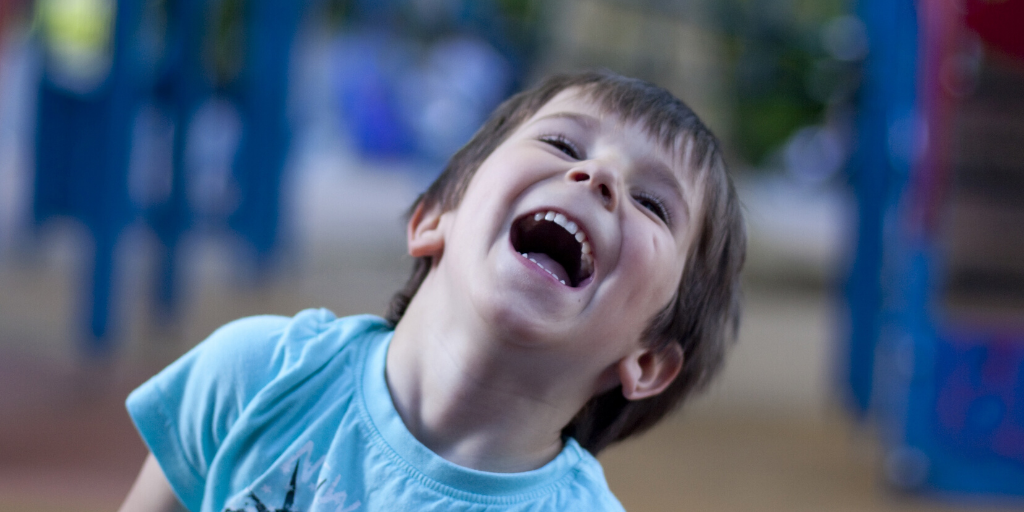Early childhood consultant Sue Asquith shares with us her insights on the importance of supporting speech, language and communications in Early Years.

Speech, language and communication play a vital role in our lives. We need to be able to understand what is going on around us, communicate our basic needs, hold conversations and pass messages on to friends and family, email, text, etc.
But communication is not just speaking. Non-verbal communications such as facial expressions, eye gaze, signing, gestures such as pointing and alternative and augmentative communication are just some of the methods that can also be used to help people communicate with others. These can be used as an alternative to speech or to supplement it.
Communication and language is a prime area of learning within the Early Years Foundation Stage (EYFS). Ofsted inspectors are looking for ways in which early years practitioners are enhancing children’s vocabulary and look for ways that settings provide children with the essential knowledge they need to prepare them for future success (cultural capital).
Would it surprise you to hear that research shows 50% of children in the UK are starting school with impoverished language? These may be transient difficulties and, with the right input and support, children are likely to catch up.
But none the less 50% of a cohort of children starting school are not achieving the typical age and stages of development in this key area of learning.
In some areas upward of 80% of children are starting school without these vital speech, language and communication skills, which in turn, may impact their social skills, self-esteem and future success.
I think that you will agree that these are alarming and concerning statistics. There are various reasons attributed to why these figures may be so high, but the ICAN report makes it clear that some of these difficulties are transient whilst others are persistent.

Positive relationships and high-quality communication friendly early years environments play a significant role in helping to prevent some of these transient difficulties. Skilled, confident and knowledgeable childcare practitioners are also key factors in the successful development of children’s communication skills, as well as providing support for children with difficulties and delays.
Clearly early intervention programmes and multi-agency professionals, such as speech and language therapists, would be totally overstretched if 50 to 80% of children were referred. It is the 7 to 10% of children who may go on to have persistent speech, language and communication need who will require the input of the multi-agency professionals.
Children may have delayed development sometime during their childhood. This is quite typical. What do I mean by delayed? If you are on the train platform and there is an announcement that your train is delayed, this may mean a delay of a few minutes, or more – but it is not cancelled. This is what I mean by delayed. All children are unique. Unless there is a special educational need or disability, all children will follow a typical pathway of development, but they all do so in their own time.
A report suggests that there is a possible 30-million-word gap by the time children are just 3 years old! This report suggests, on average, toddlers from a family on welfare will hear around 600 words per hour, with a ratio of two statements/instructions such as ‘stop that’, ‘get down off there’, to one encouraging comment. Whereas children from a professional family may hear over 2,000 words an hour, with six encouraging comments to one negative.
Whilst these statistics are by no means across the board, they do give a startling vision of the word gaps that can and do occur for children before they even start school. So high-quality early years childcare and home learning environments are key.

Parents/carers reading books, sharing stories, taking children on trips to the library and park, are important predictors of communication and language rather than socio-economic background alone. Talking to babies and young children about what is happening and singing songs, nursery rhymes and playing musical games are all fun and interesting ways to boost children’s communication and language.

About Sue Asquith
Sue was an Early Language Lead Practitioner on the ‘Every Child a Talker Project’. She has worked on DfE funded projects such as ICAN’s Small Talk, Communication Trust’s Platform 3 on-line route to the Level 3 accredited qualification: Supporting Children and Young People’s Speech, Language and Communication and National Day Nurseries Association’s Literacy and SEND Champions programmes.
Her first book ‘Self-Regulation Skills in Young Children: Activities and Strategies for Practitioners and Parents’ is due out 21st April 2020.